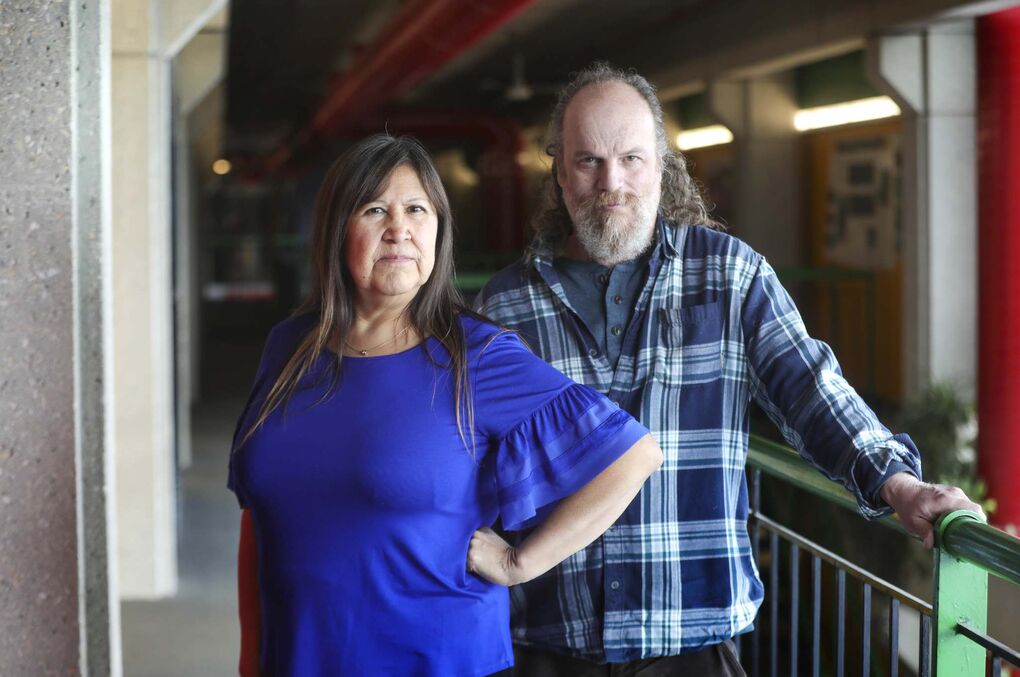Saturday, Feb. 27, 2021, Winnipeg Free Press
Instead of focusing on fines and snitch lines, governments should make more room in their pandemic response for collective, grassroots help for individuals and families who’ve contracted COVID-19, researchers say.
A team from the University of Manitoba suggests officials look to Indigenous communities for some answers about how to move beyond enforcement of public-health order violations.
Despite having some of the strictest lockdown measures, including checkpoints that require residents to show identification and obtain permission to travel off reserve, many First Nations communities have been able to harness community support to deliver care packages, meats and traditional medicines to families who are in isolation, the team says.
Stéphane McLachlan, a professor focusing on environmental health, and Myrle Ballard, an assistant professor and Indigenous scholar, received a federal grant to study how Indigenous communities are responding to the pandemic. They’re working with Evan Chamakese of Pelican Lake First Nation in northern Saskatchewan, who said despite many band councils’ strict orders, communities following their sacred teachings have been able to work together, taking a more compassionate approach.
“From what I’ve seen,” he said, “It’s not so much about the shaming or trying to place blame on people for bringing in this virus to the community, but it’s more of looking out for one another and taking care of (each other) because we’re all related.”


